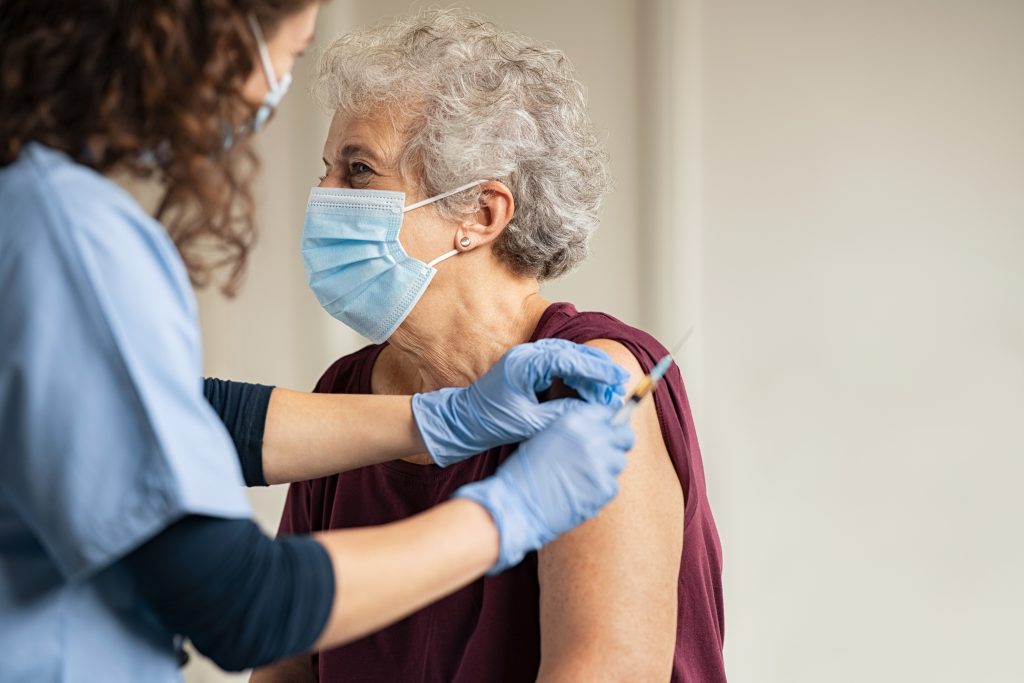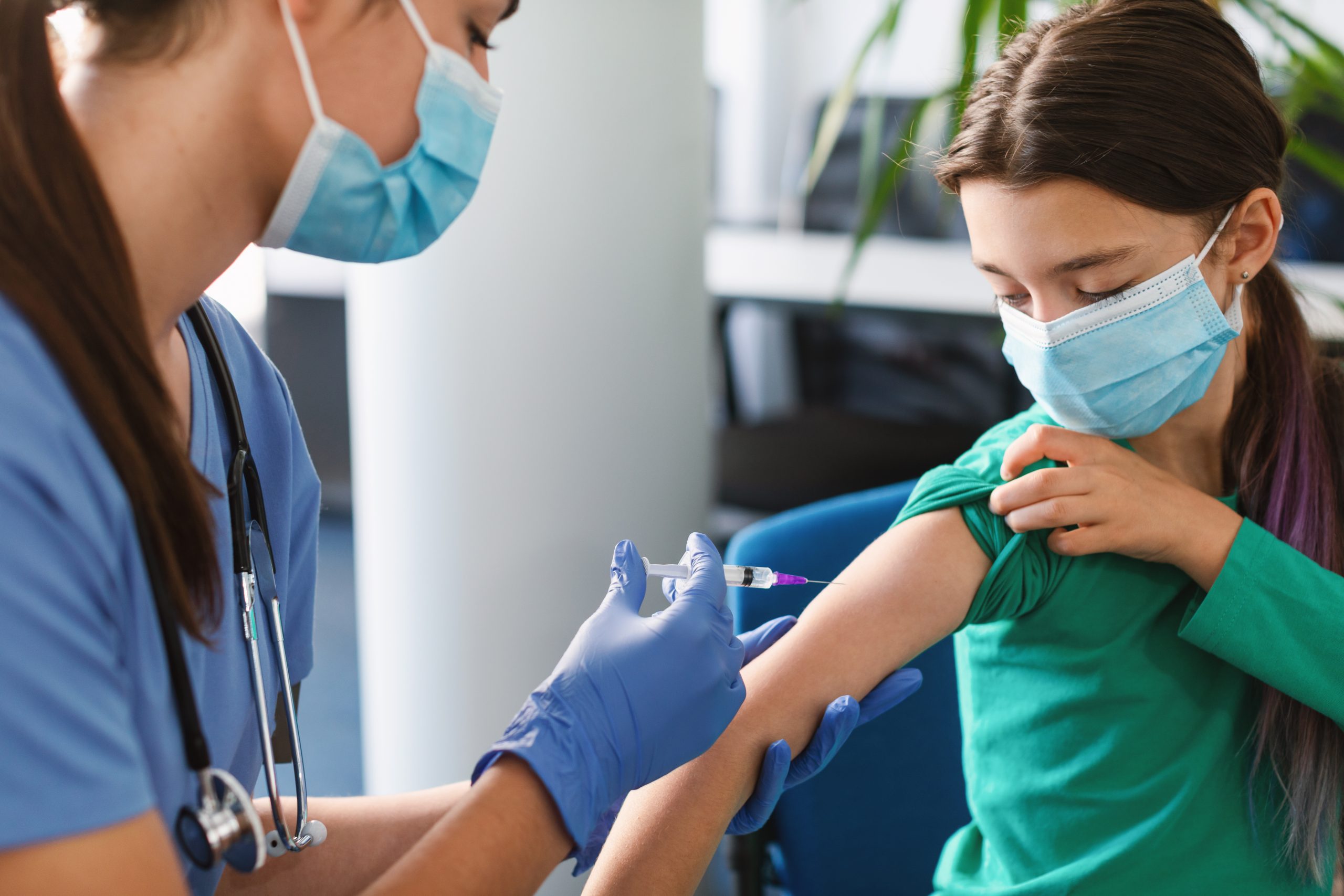
What you need to know about COVID-19 booster shots
Post updated Jan 2022. This story reflects the information available at the time of publishing. Eligible populations and guidelines may change. Please visit the City of Hamilton’s website for the latest information.

Dr. Fiona Smaill
COVID-19 booster shots, also referred to as a person’s third COVID vaccine, are available for specific groups of people.
A booster shot is not required for a person to be considered fully immunized – but it might be beneficial for certain individuals.
Hamilton Health Sciences infectious diseases specialist and microbiologist Dr. Fiona Smaill tells us more.
Who is eligible for the COVID-19 booster shot right now?
People 18 years and older who have received their second COVID-19 vaccine at least three months earlier are eligible for the booster. Check eligible populations on the Hamilton Public Health website.
Would you recommend receiving the booster when you’re eligible?
It’s a personal decision to receive the booster shot. It does appear that for some people, their immunity gets less protective over time, which may put them at increased risk of COVID infection. So a booster is likely to reduce that risk.
In general, for someone with two shots already, the overall risk of a COVID infection is low. So the benefit of the booster is probably small, unless you find yourself in a higher-risk setting where there is an increased risk of transmission, such as certain clinical units like the emergency department and intensive care unit, and of course long-term care homes.
We’ve seen that two doses of the vaccine have provided excellent protection for the majority of people and really reduces community transmission to the point where the absolute risk for most people is quite small.
What is the suggested timeline between second and third doses?
The Ontario Ministry of Health has advised 3 months (84 days) after the second dose as the minimum amount of time between the second dose and the booster, based on our understanding of the earliest time when a booster dose would be expected to be effective. But at this point, there seems to be no concern with delaying it in terms of the response.
Is the booster safe for everyone?
At this time, the data we have show it to be safe for all age groups and populations.
Why can people with two doses of AstraZenenca get boosters before others?
While AstraZeneca was extremely effective in preventing serious COVID infection, it has not proven as robust and long-lasting as the mRNA vaccines (Pfizer and Moderna). So those people who did not receive an MRNA vaccine would likely benefit from a booster to enhance their protection and decrease the likelihood of COVID infection, especially severe complications from COVID.
Why is the booster optional to be considered fully vaccinated?
Everything we’ve seen so far is that two doses in most people has really prevented transmission, modified outbreaks and decreased the number of cases — and that has been the goal of our COVID vaccination program to date.
At this point, two doses at a population level has been very effective at reducing the number of cases and number of transmissions but as time goes on, there may be more information regarding the benefits of the booster dose at a population level and new recommendations.
More important than a third dose is making sure people who don’t have any doses get fully immunized. These people still remain most affected, more likely to get the sickest, and still responsible for most transmission.
Will we need a booster shot every year for COVID like we need an annual flu shot?
The reason we need a different flu vaccine every year is because the strains of influenza change every year, so the vaccines developed one year won’t be the same the next year. With COVID, the virus is changing slowly, but not to the point where the current vaccines won’t work. At this stage, there is no expectation we will need to do the same with the COVID vaccine but we’re watching the variants very closely.
How is the booster dose different from the original dose?
The Pfizer vaccine dose is the same. The Moderna dose – which for the first and second doses was at a higher concentration — is dosed at half dose for the booster dose and is still very adequate to boost the immune response. Moderna and Pfizer boosters are equal in terms of effect, even though Moderna is half a dose.
Should people receive the same brand of booster shot as their original shots?
There’s really no recommendations one way or another for getting the same brand of booster – the mRNA vaccines are quite interchangeable. One is not associated with significantly more protection or side effects than the other.
Are there any downsides to getting the booster?
Some people are concerned about equity. They are distressed about the fact that they are offered a third dose when so much of the world hasn’t had access to any doses. That’s a very genuine and real concern. Respecting that decision is appropriate.






